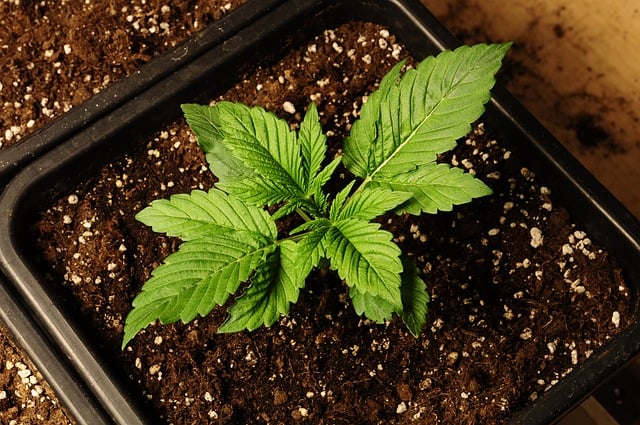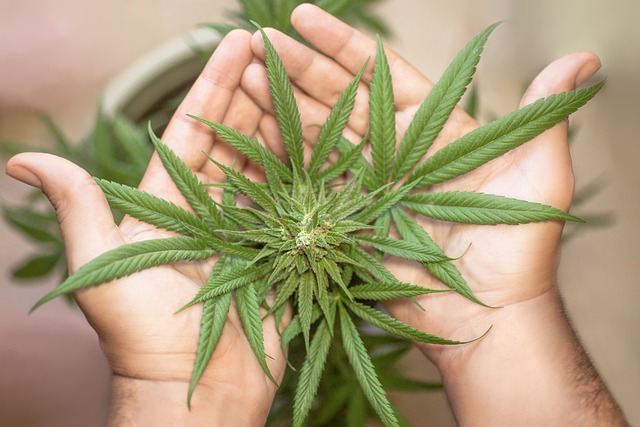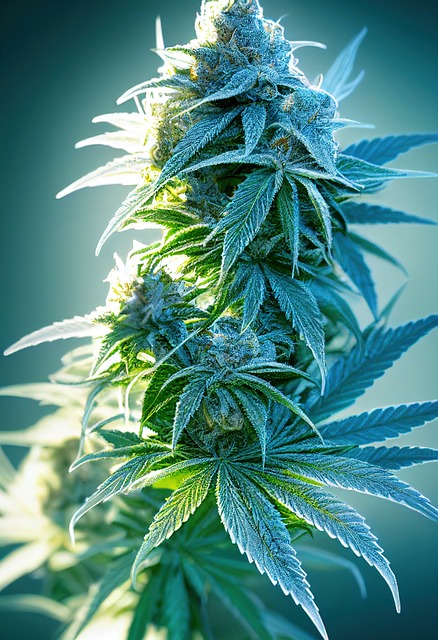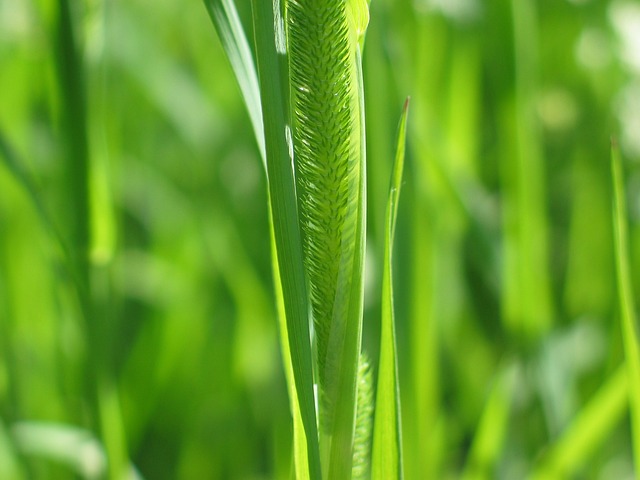
Δ9-tetrahydrocannabinolic acid (THCA) flower, the non-psychoactive precursor of THC found in cannabis, has been gaining attention for its therapeutic effects and benefits, particularly in the realms of pain management, anti-inflammatory relief, and neuroprotection. Studies indicate that THCA interacts with the endocannabinoid system to provide anti-inflammatory effects, potentially inhibiting enzymes and receptors involved in inflammation, which could be beneficial for conditions like arthritis and chronic pain. Its engagement with CB1 and CB2 receptors also suggests a role in regulating pain responses and offering therapeutic relief without the psychoactive 'high'. Preliminary research suggests that THCA may have neuroprotective properties, supporting healthy neuronal function and possibly halting neurodegeneration, which is particularly promising for those with neurological disorders. The absence of psychoactive effects makes THCA flower a preferred choice for individuals seeking pain or inflammation relief during daytime hours or those sensitive to psychoactive substances. As research continues to explore the potential of THCA flower, its role in offering alternative therapeutic options for various health conditions is becoming increasingly recognized and validated.
explore the multifaceted nature of THCA flower, a burgeoning cannabinoid that’s capturing attention in the health and wellness sectors. Known for its potential therapeutic benefits and distinct effects, THCA flower is distinguished within the cannabis spectrum for its anti-inflammatory properties, neuroprotective effects, and antiemetic qualities. This article delves into the science behind THCA, its role in the endocannabinoid system, and how it compares to other cannabinoid products. While THCA flower presents various benefits, it’s crucial to understand its side effects and adverse reactions to ensure safe and informed usage. From legal considerations to proper dosing and consumption methods, this comprehensive guide navigates the nuances of THCA flower, offering insights into user experiences, scientific research, and long-term implications. Whether you’re new to cannabinoid use or a seasoned consumer, this article aims to equip you with the knowledge to harness the full spectrum of THCA flower effects and benefits responsibly.
- Overview of THCA Flower and Its Emergence in the Cannabis Market
- What is THCA: The Precursor to THC and Its Role in Cannabis
- Potential Therapeutic Benefits of THCA Flower Use
- – Anti-inflammatory Properties and Pain Relief
- – Neuroprotective Effects and Their Implications for Neurological Disorders
Overview of THCA Flower and Its Emergence in the Cannabis Market

THCA flower, or tetrahydrocannabinolic acid flower, is a raw cannabis form that has garnered attention in the wellness and medical communities for its potential effects and benefits. Unlike its decarboxylated counterpart, THC (tetrahydrocannabinol), THCA exists naturally in raw cannabis plants and possesses a distinct chemical profile. As the cannabis market continues to expand, consumers and researchers alike are exploring the unique properties of THCA flower. This non-psychoactive compound is being studied for its potential therapeutic effects, which may include anti-inflammatory, neuroprotective, and analgesic properties.
The emergence of THCA flower in the cannabis market reflects a growing interest in cannabinoids beyond just THC and CBD. THCA flower effects are distinct from those of other cannabis derivatives due to its raw state, which some believe preserves more of the plant’s natural compounds intact. As such, enthusiasts and medical consumers are turning to THCA flower for its potential benefits, which include a wide range of applications from promoting overall well-being to supporting specific health conditions. The interest in THCA flower effects is driven by anecdotal reports and preliminary scientific studies that suggest this cannabinoid may have unique advantages over other cannabis compounds. As the body of research grows, so does the potential for THCA flower to carve out a significant niche within the dynamic and ever-evolving cannabis industry.
What is THCA: The Precursor to THC and Its Role in Cannabis

Tetrahydrocannabinolic acid A (THCA-A) is a non-psychoactive compound found in the cannabis plant, which serves as the precursor to the well-known psychoactive substance THC (Delta-9-tetrahydrocannabinol). As the raw form of THC, THCA-A undergoes decarboxylation—a process involving heat or light—to transform into THC. This conversion is significant as it alters the compound’s effects and interactions within the body’s endocannabinoid system. Research into THCA-A’s benefits has been growing, suggesting potential therapeutic properties without the psychoactive ‘high’ associated with THC.
The presence of THCA-A in cannabis flowers offers a range of effects and benefits. Users often report anti-inflammatory and neuroprotective qualities. These benefits are attributed to its ability to interact with the body’s CB1 and CB2 receptors, influencing various physiological processes. Preliminary studies indicate that THCA-A may offer relief for conditions such as chronic pain, inflammation, and neurological disorders, potentially serving as a natural remedy for these ailments. Furthermore, its potential anti-cancer properties are under investigation, with some research pointing to its ability to induce cell death in certain cancer cells. As the understanding of THCA-A deepens, its role in the cannabis plant becomes increasingly clear, highlighting its significance as a key player in the cannabinoid family with a distinct set of effects and benefits.
Potential Therapeutic Benefits of THCA Flower Use

THCA, or tetrahydrocannabinolic acid, is the raw, non-psychoactive form of THC found in cannabis plants. When exposed to heat, THCA transforms into THC, but its potential therapeutic effects are gaining attention in the wellness community. Research suggests that THCA flower may offer a range of benefits without the psychoactive side effects associated with THC. One of the most notable proposed effects of THCA is its anti-inflammatory and analgesic properties, which could make it beneficial for managing pain without the intoxicating effects. Studies indicate that THCA may also exhibit neuroprotective qualities, potentially aiding in conditions like multiple sclerosis by reducing muscle spasticity. Additionally, preliminary studies have explored its potential role in inhibiting the growth of certain types of cancer cells, although more research is needed to substantiate these findings. Users interested in the therapeutic benefits of THCA flower often report positive effects on their mood and stress levels, attributing a sense of calm and well-being to its use. As with any supplement or medication, individual experiences can vary, and it’s important for users to consult with healthcare professionals before incorporating THCA flower into their health regimen. The exploration of THCA flower’s effects and benefits continues to evolve, offering promising signs for its potential therapeutic applications.
– Anti-inflammatory Properties and Pain Relief

Delta-9-tetrahydrocannabinolic acid (THCA) is a non-psychoactive cannabinoid found in the cannabis plant that has garnered attention for its potential health benefits, particularly in the realm of pain management and anti-inflammatory effects. THCA flower effects include its ability to interact with the body’s endocannabinoid system, which plays a role in regulating pain and inflammation. Preclinical studies suggest that THCA may exert anti-inflammatory properties by inhibiting certain enzymes and receptors involved in inflammatory responses. This could be beneficial for individuals suffering from conditions like arthritis or those experiencing chronic pain, where traditional treatments may fall short or come with significant side effects. The anti-inflammatory effects of THCA flower are believed to stem from its interaction with the CB1 and CB2 receptors, which can modulate pain signals in the nervous system. Users report that THCA flowers can provide relief without the psychoactive ‘high’ associated with delta-9-tetrahydrocannabinol (THC), making it a preferable option for those seeking therapeutic effects during the day or for sensitive individuals. The benefits of THCA flower for pain relief and anti-inflammory action are under continued research, with ongoing studies aiming to elucidate its potential in various clinical applications.
– Neuroprotective Effects and Their Implications for Neurological Disorders

Delta-9-tetrahydrocannabinolic acid (THCA) is a non-psychoactive compound found in the cannabis plant that has garnered attention for its potential therapeutic properties, particularly its neuroprotective effects. Research suggests that THCA may offer benefits for neurological disorders by promoting healthy neuronal function and possibly preventing neurodegeneration. Studies indicate that THCA interacts with the endocannabinoid system, a key regulator of brain health, which could explain its potential in mitigating the progression of various neurological conditions. This interaction may provide a protective effect against neurotoxicity and could be beneficial in managing symptoms associated with disorders such as Alzheimer’s disease, epilepsy, and multiple sclerosis. The implications of THCA flower effects for neurological health are promising, offering a potential natural approach to supporting cognitive function and protecting neural integrity without the psychoactive effects typically associated with cannabis. As research continues to evolve, the understanding of how THCA can be harnessed for its neuroprotective benefits becomes clearer, potentially paving the way for new therapeutic strategies in the field of neurology.
THCA flower, a non-psychoactive cannabinoid gaining traction in the cannabis market, presents a promising spectrum of health benefits. As an early form of THC, it offers potential therapeutic advantages, including anti-inflammatory properties and pain relief, without the psychoactive effects typically associated with its mature form. Additionally, emerging research suggests that THCA may exert neuroprotective effects, which could have significant implications for managing neurological disorders. While the full scope of its effects and benefits is under investigation, initial findings are encouraging, underscoring the need for further studies to fully understand its potential role in holistic health regimens. Users interested in exploring THCA flower should consider consulting healthcare professionals to assess its suitability alongside their individual health needs.







